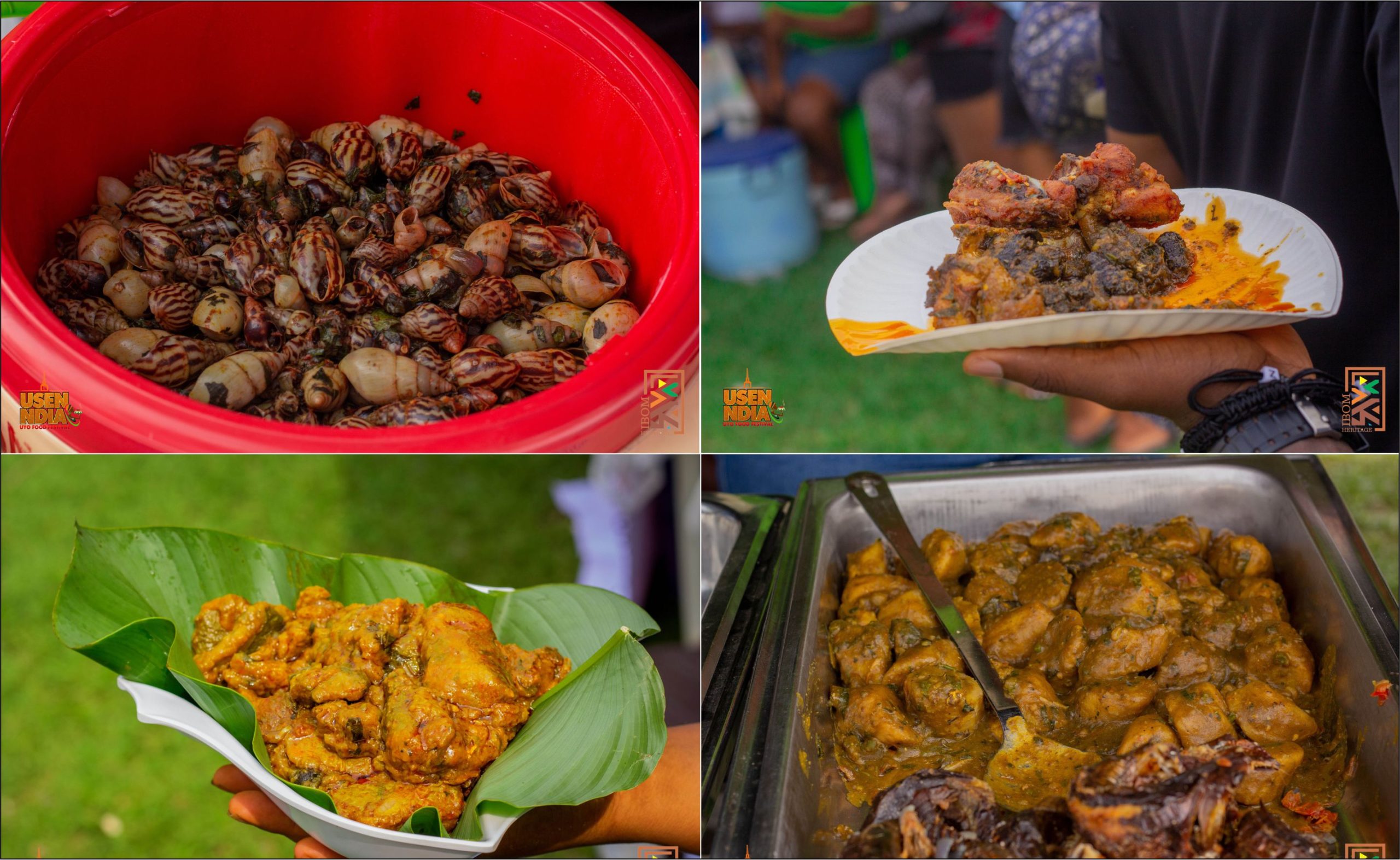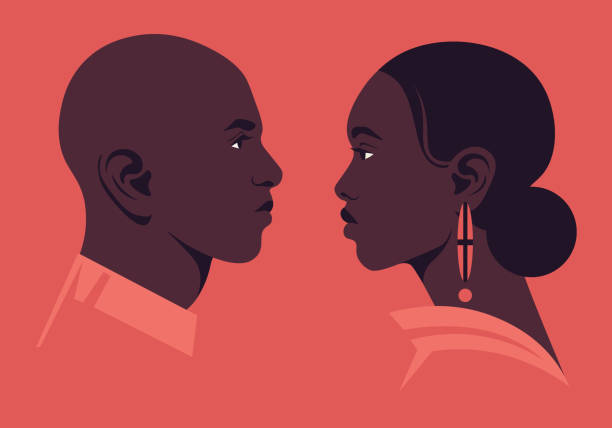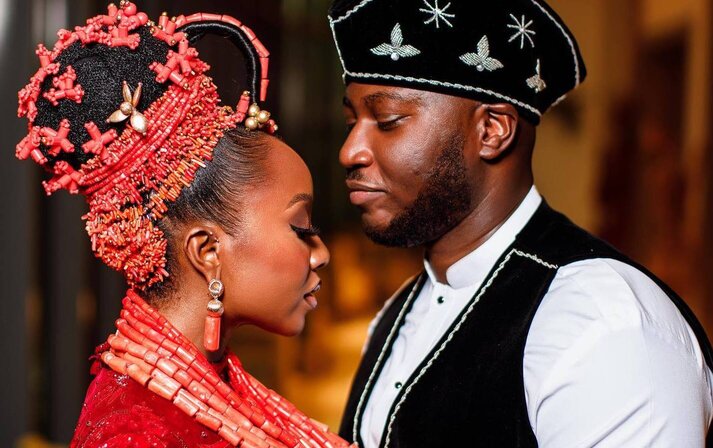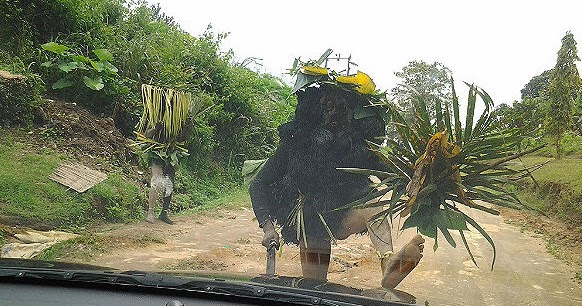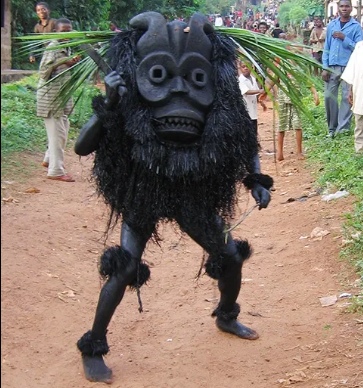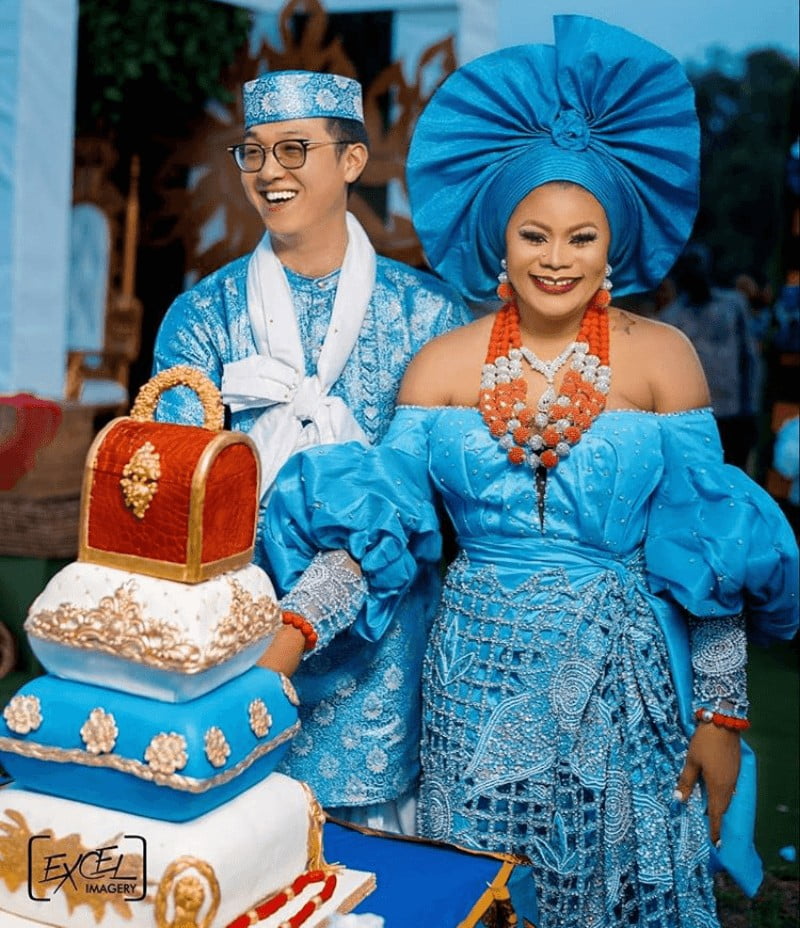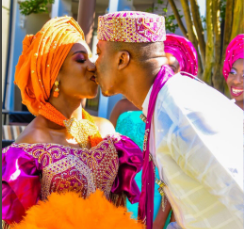Usen Ndia – ‘Uyo Food Festival’ – is an Annual culinary initiative that holds in Uyo. It was begun in 2018 with the primary aim of presenting and promoting to the general public the diverse local food delicacies and drinks native to Nigerians but with particular emphasis on those from the Akwa Ibom/Cross River Culture. The event also seeks to organise, encourage and support entrepreneurial drive among aspiring and seasoned chefs. All this while affording them the opportunity to position themselves in the catering landscape.
The fair is a ticketed event that typically witnesses a huge turnout yearly. But it also sees different vendors display their culinary skills and diverse strengths. The array of indigenous meals and foods is usually fascinating.
Food Displays
The delicacies served at Usen Ndia include: Ekpañg Nkukwó, Iwà ye Eben, Usüñg Ikpóñg, Asiak Iwà, Isip Eyöp, Añem Udia, Efere Afañg, Edikañ Ikóñg, Nkóp, Edesi Adañ, Iwük Ukóm, Ukód Nsúñg among many others.
Beyond the display of Food recipes aimed at blending a wide range of indigenous foods, there are other side-attractions in the series. These provide entertainment such as: Traditional Dances and music, Binge Eating, Dancing Contests, Comedy among others. These add to making the Food-Tourism event a huge attraction.
Feedbacks
One attendee at the 2022 edition, Mr. Patrick Tom mentioned how enthused he gets by the large number of vendors and guests. He stated that he is equally ‘impressed by the delicacies on offer. especially the type which are not readily available in restaurants’ and termed it a ‘richly rewarding experience’.
The Event Host, Mrs. Patricia Essien was very particular about “commitment to make the Event’s legacy an enduring one”. This according to her is “one of the motivating factors in her continued sustenance of the Program”.
Ibom Heritage is an avid promoter and preserver of cultural heritage and gladly parttner with Usen Ndia. And it goes without saying that the organisation will continue to curate the culinary culture from the yearly catering fair.

